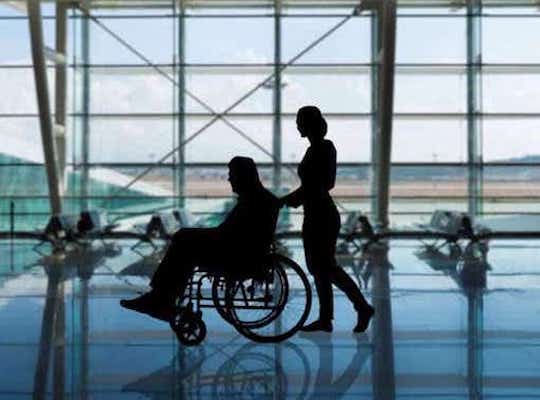CurePSP Hosts First In-Person Centers of Care Meeting, Advancing Collaborative Momentum in PSP, CBD and MSA Care
Oct 31, 2024 Jessica Shurer
The energy and teamwork behind the CurePSP Centers of Care was palpable in Philadelphia, PA as CurePSP hosted the network’s first in-person meeting on September 27. The meeting marked the latest sign of advancement for the program, which began in 2017 consisting of eight inaugural centers dedicated to enhancing early diagnosis, treatment options and specialized support for progressive supranuclear palsy (PSP), corticobasal degeneration (CBD) and multiple system atrophy (MSA). CurePSP has since built on that foundation, growing the program into a well-orchestrated and engaged network of thirty-six medical centers.
From the addition of designated centers across both the U.S. and Canada to an investment of nearly $200,000 into new research grants focused on person-centered care to the publication of multiple scientific manuscripts, the past three years have seen rapid momentum for the network.
“We reached an important milestone with this meeting,” said Jessica Shurer, CurePSP’s director of clinical affairs and advocacy, who has been leading the Centers of Care program since joining the organization in 2021. “We’ve coordinated regular virtual meetings of the network and working groups, but nothing compares to the relationship-building and brainstorming that happens when sharing the same physical space.”
The day-long meeting hosted by CurePSP was held in conjunction with the International Congress of Parkinson’s Disease and Movement Disorders. The Center of Care directors and team members in attendance, including neurologists, social workers, nurses and researchers, were updated on CurePSP’s resources, met with their respective working groups and shared ideas about how to tackle institutional barriers to access to care.
“I had such a wonderful time meeting the movers-and-shakers of the CurePSP world and putting faces to both the names and actions being taken to advance our care and understanding of PSP and similar conditions,” said Dr. Chauncey Spears of the University of Michigan. “I left the meeting re-energized and ready for another round against PSP.”
The topics of discussion and presentations included approaches to coding diagnoses in electronic medical records (which is needed, in part, to improve the accuracy of prevalence data of the rare diagnoses of PSP, CBD and MSA), the rollout of the new CurePSP Genetics Program and highlighting unique examples of centers’ reaching beyond the walls of their immediate clinic to educate and support patients, families and healthcare professionals in their surrounding communities.
“Active collaboration, alignment around best practices and bringing together a diversity of voices of leading and passionate experts in the care of PSP, CBD and MSA are essential to driving impact for this disease community,” said Shurer. “This is what I always knew this network needed to be and could be, but even with all of our accomplishments so far, including the amazing level of engagement on September 27, we’re just getting started with what these centers can do together.”
Join our email list
Get the latest news and resources
directly to your inbox.
Get the latest news and resources directly to your inbox.
Sign Up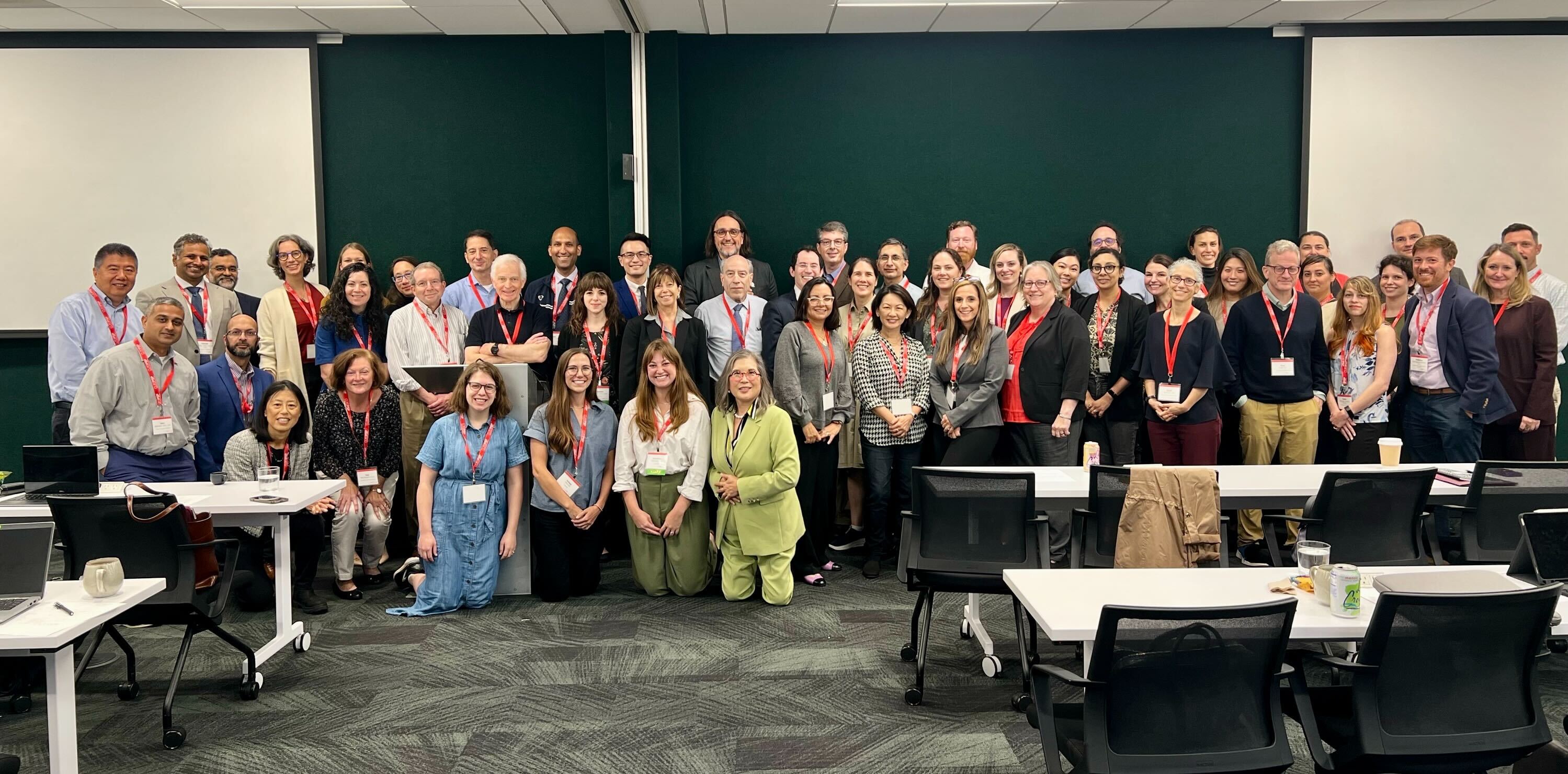
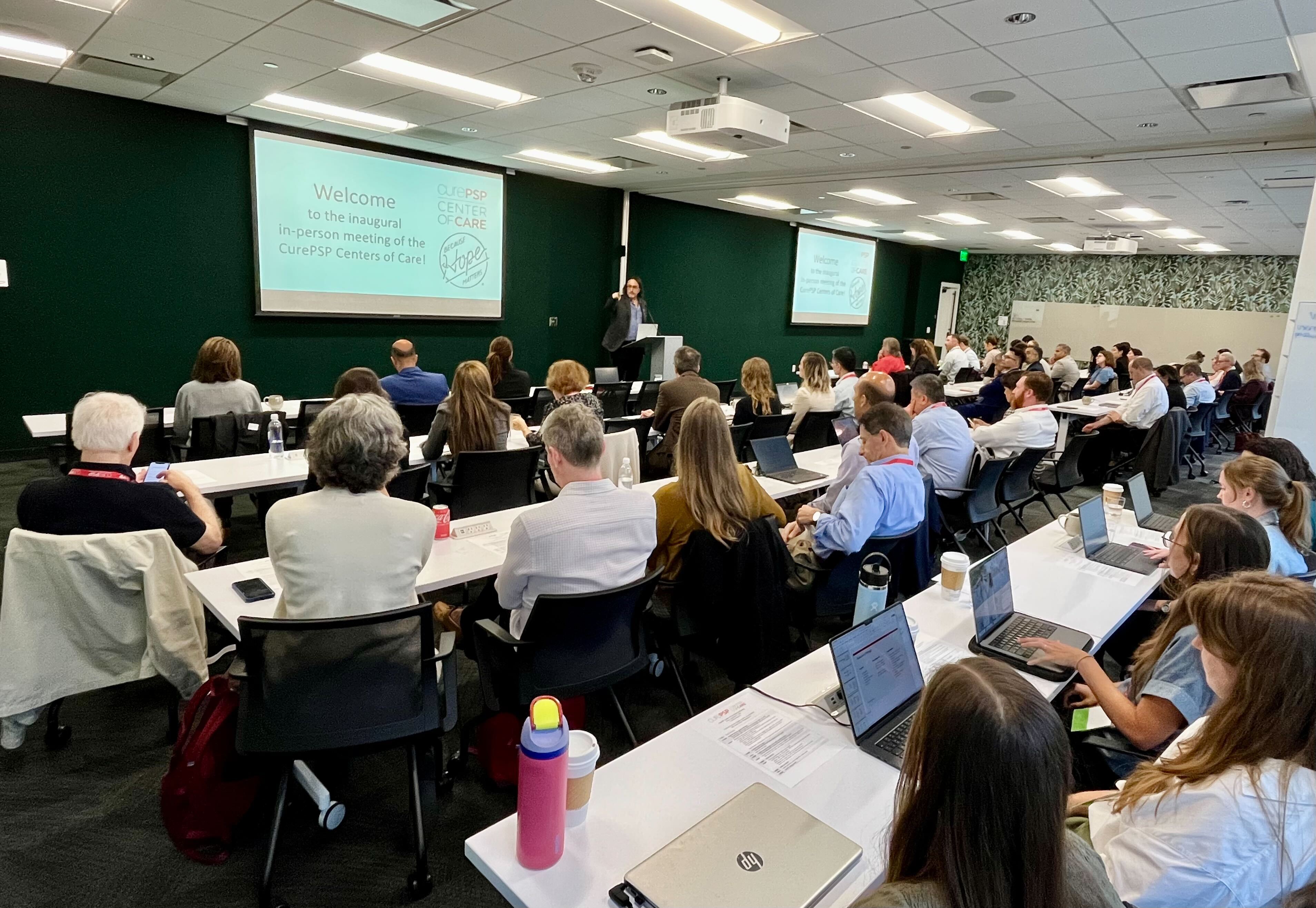
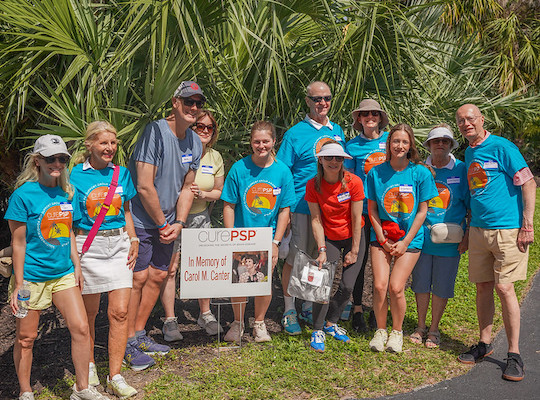
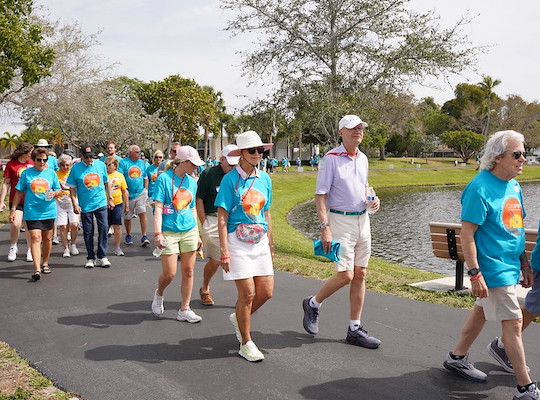
.jpg)
